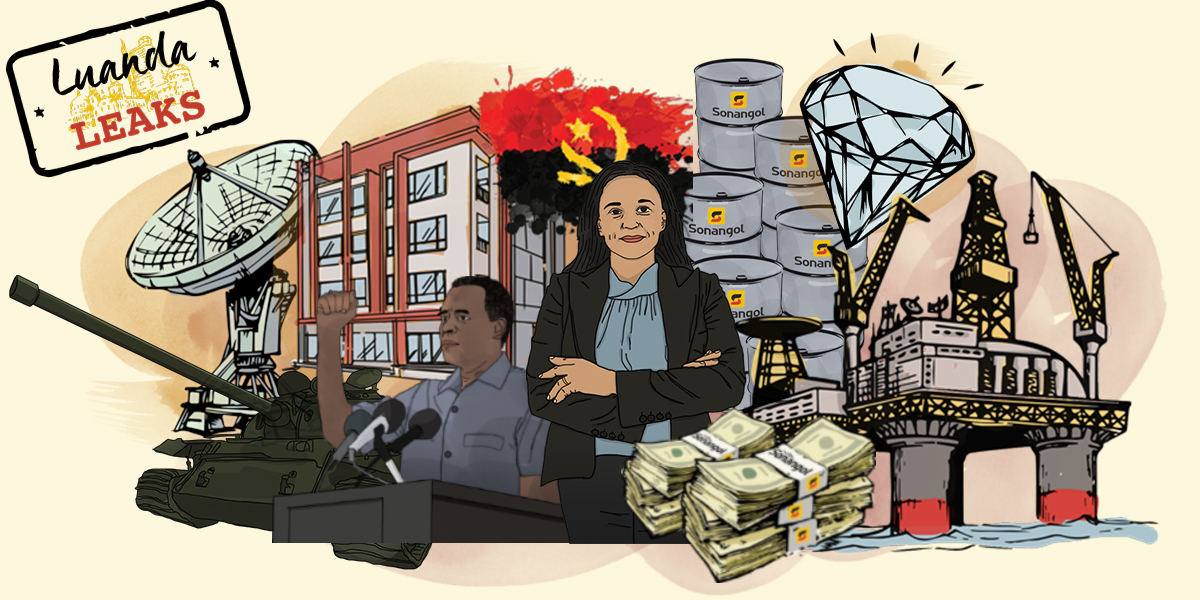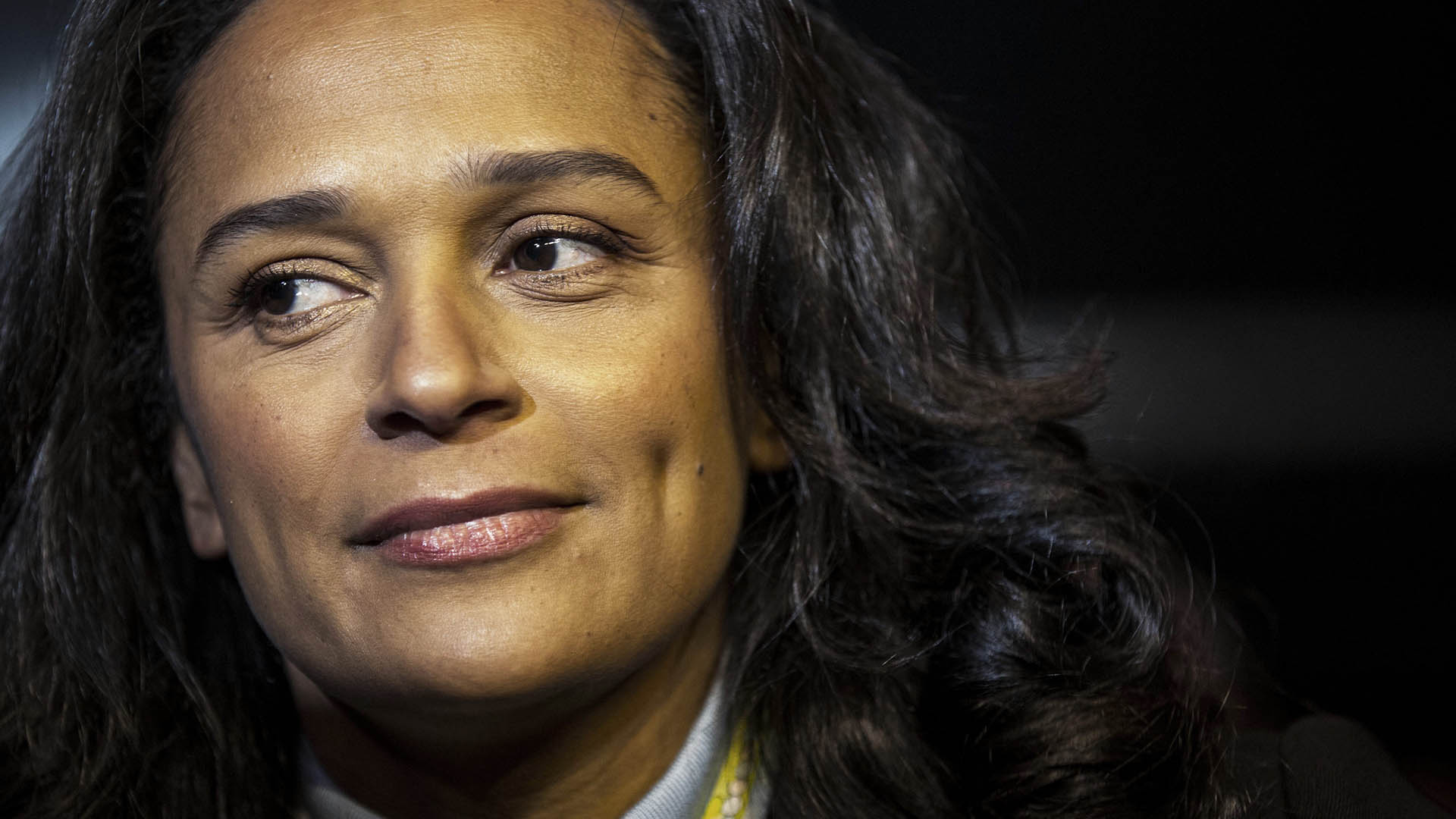Four Angolan advocacy groups have called on Portuguese and Angolan judicial authorities to explain why assets seized in Portugal from Isabel dos Santos, the daughter of Angola’s former president and the subject of ICIJ’s 2020 Luanda Leaks investigation, have not yet been returned to Angola.
In an Aug. 5 open letter addressed to Angola’s attorney general Hélder Pitta Gróz and his Portuguese counterpart, Lucília Gago, the four anti-corruption organizations expressed “concern at the news that has come to light in recent days that the Angolan and Portuguese authorities continue to disagree when it comes to the return of Isabel dos Santos’ assets seized in Portugal following the scandal known as Luanda Leaks.”
The signatories noted that dos Santos may have “already managed to divert a large part of these funds to tax havens or to her ‘gilded cage’ in Dubai.”
Dos Santos currently lives in Dubai and is wanted in Angola in connection with multiple crimes including money laundering, embezzlement and tax fraud. Luanda Leaks charted dos Santos’ accumulation of vast wealth under her father’s rule through self-dealing and lucrative ventures in oil and minerals, telecommunications, real estate and banking. Since 2019, courts in Portugal, Angola and elsewhere have issued orders to freeze the former billionaire’s assets.
Dos Santos was sanctioned by U.S. authorities in 2021 for alleged corruption and the misappropriation of public funds. She has repeatedly denied wrongdoing and dismissed the string of legal actions against her as part of a long-running political vendetta.
In the letter, the four nongovernmental organizations Mãos Livres, Omunga, Pro Bono Angola and Uyele asked why certain assets had not been returned to the Angolan people, including the value of dos Santos’ majority stake in Portuguese engineering firm Efacec. Dos Santos’ shares were nationalized by the Portuguese government in 2020, following the Luanda Leaks revelations, and later sold.
The NGOs said, given dos Santos held her stake via a Maltese shell company bought with funds misappropriated from the state-owned National Electricity Distribution Company of Angola, the proceeds of the Efacec share sale “should also benefit the Angolan people.”
The letter included separate questions about Spanish bank ABANCA’s acquisition earlier this year of its small Portuguese competitor EuroBic, in which dos Santos held a 42.5% stake. The NGOs sought clarification from Portuguese and Angolan authorities about how dos Santos obtained her stake via holding companies, how much she received from its sale, the legalities of the sale, and the amount recovered by the Angolan state. The NGOs also asked whether there were any “ongoing investigations into the role of Portuguese consultancy companies in facilitating alleged money laundering schemes carried out through EuroBIC.”
The organizations’ final demand was for “public disclosure of all information related to the assets of Angolan citizens seized and confiscated in Portugal, as well as the updated list of those that have already been returned.”
In January, Angolan prosecutors charged dos Santos with 12 crimes, accusing her of defrauding the country of $219 million while she was head of the state oil company. A London court also ordered a freeze on up to $733 million of her assets in December 2023.






